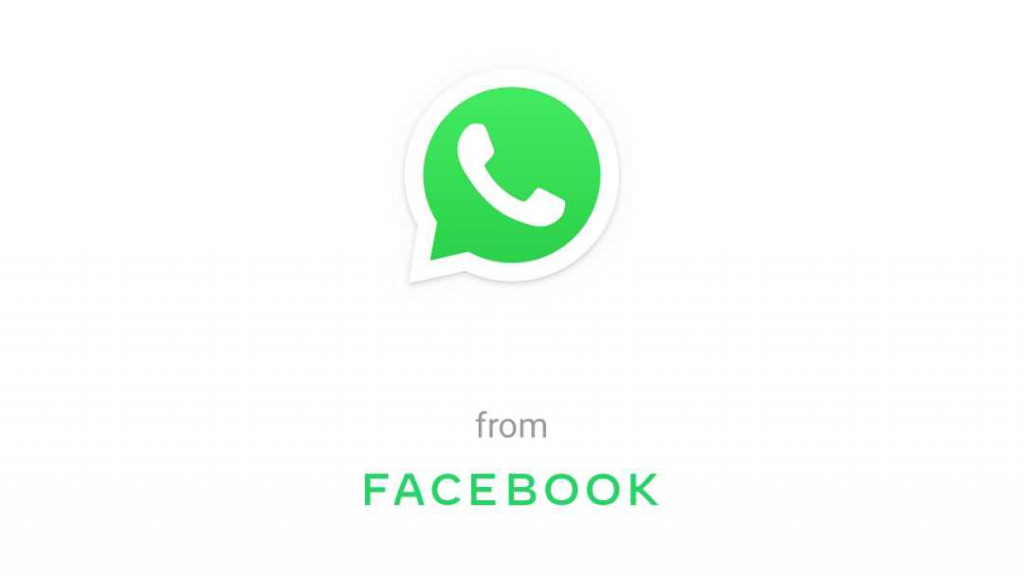Like 1,5bn other people last week, I breathed a huge sigh of relief. A sense of relief that’s arguably as deep as when Eskom doesn’t load-shit the country for a week.
Facebook, the social media behemoth that makes its income from surveillance capitalism, said it would scrap plans to introduce advertising into WhatsApp. Shew.
As problematic as WhatsApp is – it’s owned by a serial abuser of its own users’ privacy – it has become one of the default ways that the world communicates.
Just about anyone with a smartphone has WhatsApp. For most people, it tends to be in the top three downloaded apps, along with Facebook and Instagram. If you know someone’s phone number, you can ping them on WhatsApp.
It has these many advantages but also quite significant disadvantages. I have been dreading Facebook’s plans to introduce advertising to this relatively uncluttered app, because, like everyone else, I feared for the deluge spam that now characterises SMS.
Stop for a moment and consider who advertising would work in WhatsApp. To do this, compare how Google or Facebook shows you “relevant” advertising: they find out as much as they can about you, your likes, interests, search history and what you post. The only way to serve personalised and relevant advertising within WhatsApp would be to tap into that data, which Facebook is under pressure not to do by privacy watchdogs, especially in Europe where the strict GDPR prevents abuse of personal data.
Alternatively, like Google’s widely used Gmail, Facebook would have to scan the content of the WhatsApp messages for clues for the algorithms to use for personalised adverts.
It’s this clash over advertising that saw the WhatsApp co-founders Jan Koum and Brian Acton leave in 2018.
When Facebook spent an eye-watering $22bn on WhatsApp in 2014 it made a number of since-broken anticompetition promises about not integrating WhatsApp into the bigger behemoth. One of these was not integrating the mobile number used to sign up to WhatsApp with the users’ central Facebook profile. For much of the emerging market world, a phone number is more of a primary contact than an email address.
But WhatsApp advertising is at odds with CEO Mark Zuckerberg’s 2019 statement that Facebook would “pivot to privacy” and this seems to be behind last week’s sudden change of strategy. This shift is evident in the rejigged Facebook news feed and its focus away from news to events.
Sadly WhatsApp will still show ads in its Status feature, so don’t breathe too much of a sigh. Facebook is in a quandary. It needs to monetise WhatsApp and Instagram, which also have over a billion users, but how it does this in the face of increased government and antitrust scrutiny is going to be a reoccurring theme this year.
This glimmer of good news for WhatsApp users comes amidst the boarder, and much more contentious, the topic of political adverts on Facebook itself, which it won’t check for truth or accuracy.
Even more concerning is that WhatsApp is easily the biggest channel for disinformation to be spread, as has been seen in the Indian and numerous African elections. That is a trickier issue that Zuckerberg needs to solve.
This column first appeared in Financial Mail




